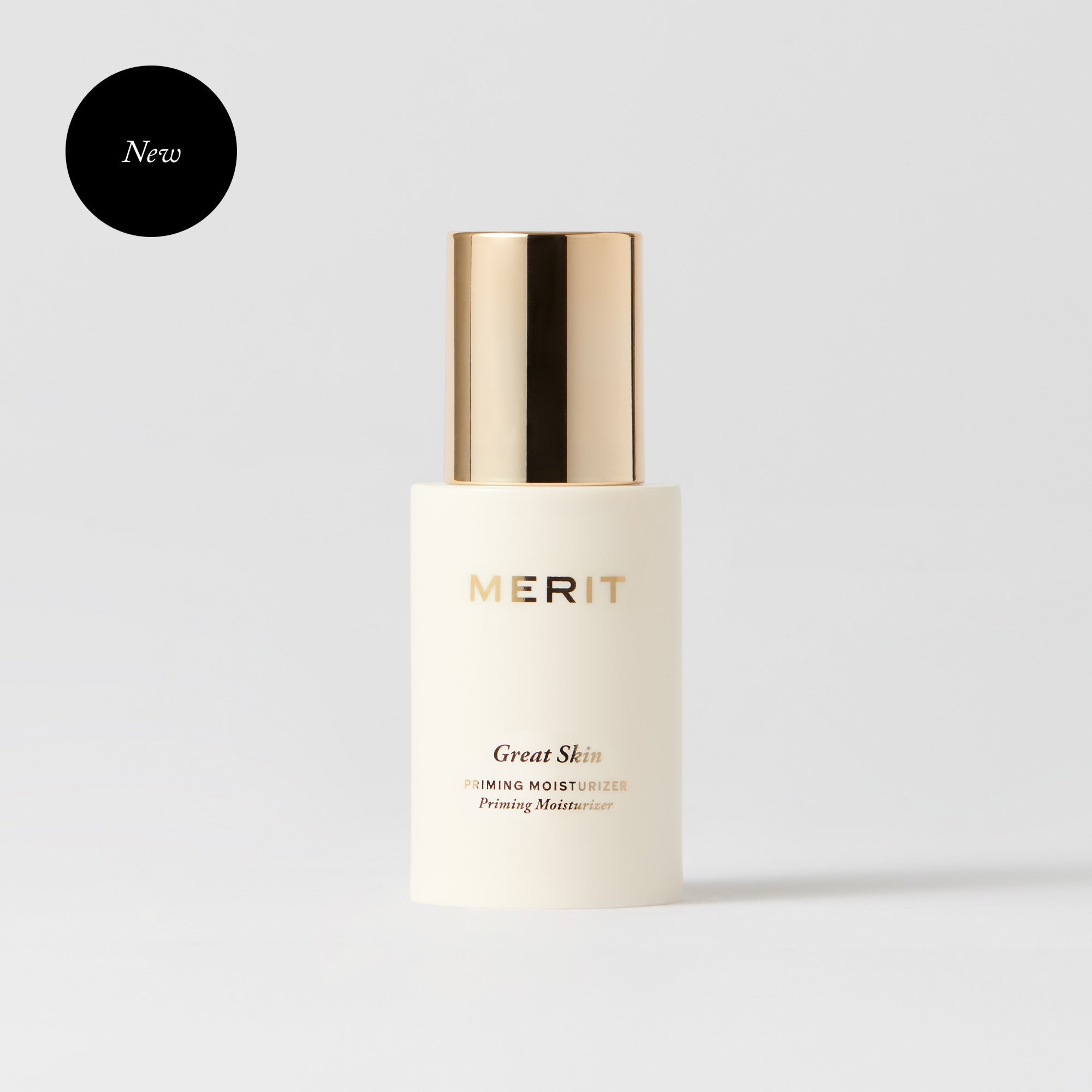Blitz News Digest
Stay updated with the latest trends and insights.
Moisturizer Mysteries: What Your Skin Is Secretly Craving
Unlock the secrets your skin is hiding! Discover the ultimate moisturizer for radiant skin in Moisturizer Mysteries. Don't miss out!
Unlocking the Secrets: How to Choose the Perfect Moisturizer for Your Skin Type
Choosing the perfect moisturizer for your skin type is essential for achieving a healthy and radiant complexion. Different skin types, such as oily, dry, combination, and sensitive, require different formulations to effectively hydrate without causing irritation or excess oiliness. Start by identifying your skin type: if you have oily skin, look for oil-free or gel-based moisturizers that provide hydration without clogging pores. For dry skin, opt for rich creams or lotions that contain ingredients like hyaluronic acid, glycerin, and ceramides to retain moisture.
Once you've determined your skin type, consider other factors like the climate you live in and any specific skin concerns you may have, such as acne or aging. Ingredients play a crucial role in choosing the right product. Moisturizers containing antioxidants, like vitamins C and E, can help protect your skin from environmental damage, while those with SPF offer additional protection against sun exposure. Always perform a patch test when trying a new product to avoid adverse reactions and give your skin the chance to adjust.

5 Signs Your Skin is Craving More Hydration Than You Think
Our skin often communicates its needs, and sometimes it might be signaling that it craves more hydration than we realize. One of the first signs is a persistent feeling of tightness. If your skin feels snug or uncomfortable, even shortly after applying moisturizer, it may indicate that your current skincare routine isn't sufficient for your hydration needs. Additionally, flaky or rough patches can also be a red flag; these areas signal that your skin is lacking moisture and is in urgent need of a hydrating boost.
Another clear sign that your skin is craving more hydration is the presence of fine lines or wrinkles, particularly when they seem to appear suddenly. Dehydrated skin often accentuates these signs of aging. Moreover, if your skin has lost its natural glow and appears dull or lifeless, it's time to reevaluate your hydration levels. Remember, a well-hydrated complexion is key to maintaining a youthful appearance. Lastly, if you notice an increase in breakouts despite your cleansing routine, it's possible that your skin is reacting to dehydration, leading to a compromise in its barrier function.
The Science Behind Moisturizers: What Ingredients Your Skin Desperately Needs
Understanding the science behind moisturizers is essential for achieving healthy, hydrated skin. Moisturizers typically contain a blend of beneficial ingredients that work together to support the skin's moisture barrier. Key components include humectants, which draw moisture from the environment into the skin, and emollients, which help to soften and smooth the skin's texture. Common humectants include glycerin and hyaluronic acid, while emollients can be found in ingredients like shea butter and various plant oils. Together, these elements can help maintain optimal hydration levels, preventing dryness and flakiness.
Additionally, many moisturizers contain occlusives, which create a protective layer over the skin to lock in moisture. Ingredients such as petrolatum and beeswax are great examples of occlusives that can significantly enhance hydration by preventing water loss. It's also important to consider active ingredients tailored to your skin's specific needs, such as antioxidants like vitamin E or calming agents like aloe vera. By selecting a moisturizer that incorporates these functional components, you can ensure your skin receives the nourishment it desperately needs for a radiant and healthy appearance.